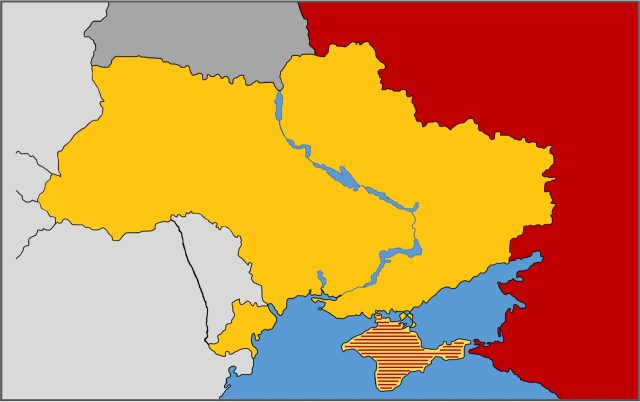
The Delicate Geo-Political Situation Related to the War in Ukraine Pushed the Belarusian Population to Migrate to the Closest European States
Due to the numerous sanctions imposed by the states of the Atlantic alliance against Russia and the countries “accomplices” in the invasion of Ukrainian territory last year, the problem of migration of the affected populations towards the European community is becoming worrying and the old continent must take measures that take humanitarian needs into account. Belarus is the state, to date, which more than any other, has revealed its closeness to the Russian cause, backing the occupation of Ukrainian territory and supporting the Kremlin with the supply of means and men, albeit not always in an official way.
Belarus is currently experiencing a period of deep economic and political crisis and the war on the border has definitely worsened the situation. The sanctions imposed by the EU, in response to Belarusian support for Moscow’s military operations, have worsened an internal situation already greatly weakened by an authoritarian regime. The country’s government strategy is based on the desire to generate chaos and destabilization in this period of great uncertainty and, to this end, the dictatorial regime of Lukashenko, at the head of the nation, is pushing the population into forced migration towards neighbouring countries as Poland, for example, which has never experienced such critical problems relating to uncontrolled access to its borders as is experiencing now.
The EU’s management of the new wave of migration from Belarus is controversial and presents various critical issues, above all from a humanitarian point of view since, precisely because of the hostility of the Belarusian government, the respect for the human rights of migrants is often very complicated to make to enforce. The Belarusian people are being used by the regime, openly in favour of Putin thought, as a strategic political tool to destabilize the entire European integrity.
The first step of the European Community, with the aim of better managing the invasion of migrants from Belarus, provides for greater cooperation between the member states so as to collaborate in the humanitarian management of the population driven to leave their nation in crisis, uniting all the available nations resources. Naturally, a similar measure has too long a timescale in relation to the urgency of the situation and nations such as Poland, strongly affected by the problem, are asking for a more effective and complete reaction to avoid the issue remaining purely national and not continental, as it should be .
Europe has been asking Belarus directly in recent months for a different policy in the management of its migrants and has threatened the nation with further sanctions if the Lukashenko regime does not stop the actions taken against its own people to force them to migrate to the neighbouring states. The European Parliament has had to collect criticism from some of the member states, in relation to the request addressed to all the nations bordering Belarus and Ukraine, another country from which huge masses are moving in search of refuge from the war, in order to ensure the creation of structures capable of guaranteeing initial humanitarian assistance but which could, in reality, generate entire areas occupied by migrants, for an indeterminate time, along the entire border of nations in crisis.
Collaboration between European states on the issue of migrants is far from being effectively implemented, because the opinions themselves on the issue change radically from state to state. Nations such as Hungary and Austria, for example, are adopting decidedly anti-immigration policies directed to the countries affected by the war in Ukraine and are currently refusing to welcome migrants, thus creating an extremely unstable situation throughout Europe.
Alessandro Fiorentino



 Subscribe
Subscribe